Automatización de los Procesos de Gestión de Proyectos de Ley en el Parlamento Nacional
STATUM junto a su asociado de negocios Fx2 implementó en el Parlamento Nacional la automatización de los procesos de Gestión de Proyectos de Ley con Apia BPMS contemplando las distintas actividades desde el origen hasta su promulgación, pasando por todas las etapas intermedias en Cámara de Representantes, Cámara de Senadores, Poder Ejecutivo.
Información:
En esta nota, dialogamos con José Russomano de Fx2 quien a 2 años de la puesta en producción de los Procesos de Proyectos de Ley nos cuenta su visión sobre el mismo.
Los procesos implementados en el marco del proyecto son de alta complejidad si consideramos: i) la cantidad de usuarios heterogéneos y de distintas oficinas que participan del mismo, ii) la cantidad de reglas de negocios asociadas para la correcta automatización y iii) la confidencialidad y seguridad que se requiere manejar con toda la información del proceso.
En cada etapa del proceso, se llevan adelante acciones, modificaciones, mejoras y ajustes que se ven reflejados en los Proyectos de Ley con un estricto control de auditoría que permite determinar quién trabajó en el proyecto, cuando se realizó dicho trabajo, que oficina llevó adelante las acciones, en qué etapa del Proyecto de Ley.
El proceso para generar un Proyecto de Ley es iniciado en Apia BPMS por la Cámara de Representantes, Cámara de Senadores ó el Poder Ejecutivo y luego pasa por distintas etapas:
- Destinar a Cámara, cuando la iniciativa es del Poder Ejecutivo y se asigna la cámara que comenzará a trabajar con el Proyecto de Ley.
- Asignar Carpeta, donde se crea y asigna una carpeta que contendrá todos los archivos y trabajos correspondientes a ese Proyecto de Ley.
- Asignar Comisión, donde se asigna la comisión del cuerpo que trabajará con el Proyecto de Ley.
- Tratamiento en Comisión, donde la comisión correspondiente trabaja con el Proyecto de Ley.
- Tratamiento en Sala, donde todo el cuerpo trabaja con el Proyecto de Ley y se vota su aprobación o rechazo.
- Pase a otra Cámara, donde se determina a que cámara se debe derivar el proyecto para su tratamiento.
- Tratamiento del Proyecto de Ley, donde la cámara proceder a trabajar en el proyecto de ley.
- Pase a la primera Cámara, cuando se presentan modificaciones al Proyecto de Ley y nuevamente deben ser tratadas por la cámara que originó el proyecto.
- Tratamiento y Pase a Asamblea General, en el caso que no se llegue a un consenso.
- Aprobación o Archivado del Proyecto de Ley.
Todo el proceso se lleva adelante de forma electrónica, involucrando a distintas oficinas de la Cámara de Representantes y Cámara de Senadores:
Cámara de Senadores
- Administración Documental
- Oficiales de Sala
- Procesadora de Documentos
- Secretaría del Senado
- Secretarios de comisión
Cámara de Representantes
- Despacho de Cámara
- División Comisiones
- Gestión Documental y Calidad
- Información Legislativa
- Secretarios de comisión
Cada una de las actividades contempla los formularios, documentos, gestión documental y reglas de negocio que le brindan al proceso la inteligencia necesaria para determinar su comportamiento y el flujo a seguir en cada proyecto de ley específico, así también como la integración con el Sistema de Información Parlamentaria (SIP), suministrándole datos de cada Proyecto de Ley de forma automática y permitiendo hacer un seguimiento en línea del trámite parlamentario en la web del Parlamento (https://parlamento.gub.uy/).
“La gestión de los Proyectos de Ley para el Parlamento es claramente un proceso neurálgico, por lo que la etapa de relevamiento y especificación fue extensa. Esta requirió numerosas reuniones con los diferentes participantes del proceso y, al mismo tiempo, requería alinear las formas de trabajo de la Cámara de Senadores y Cámara de Diputados”, expresaba José.
La etapa de desarrollo requirió numerosas validaciones y prototipos para trabajar con los usuarios que tomaban contacto con Apia BPMS por primera vez. Se llevó adelante múltiples instancias de capacitación según las necesidades específicas de cada área, actividad y oficina de trabajo.
En general, la implementación de APIA BPMS en el Parlamento permitió sistematizar, ordenar y gestionar, de forma digital, una importante cantidad de tareas y documentos que antes se realizaban de forma manual y en papel, contemplando ahora una publicación automática y fidedigna en el sitio web del Parlamento, evitando un doble registro y los errores que ello conlleva.
Los usuarios cuentan con bandejas de entrada personalizadas y un ordenamiento de las tareas pendientes, que les permite trabajar de forma más eficiente a través de formularios específicos y detallados en cada etapa y automatizando muchas actividades que previamente se debían llevar adelante de forma manual.
“Los usuarios han adoptado la herramienta y el proceso en sí de muy buena forma. Les ha permitido concentrarse en sus tareas específicas y delegar en Apia las tareas inherentes a la gestión del proceso”, comentó José.
Próximas etapas
Ya se está trabajando en la mejora continua de todo el proceso como así también en el diseño e implementación de nuevos procesos “satelitales” como son Distribuidos de Senado, Repartidos y Pedido de Informes.
Asociado de Negocio
Fx2 comenzó a realizar implementaciones en Apia BPMS junto a STATUM, desde el año 2008, en organismos como la Unidad Reguladora de Servicio de Comunicaciones (URSEC) y el Ministerio de Trabajo y Seguridad Social (MTSS). “Desde entonces mantuvimos una estrecha relación con STATUM, la cual se afianzó con la firma del partnership y homologación de la empresa para prestar servicios en Apia BPMS en el año 2017”, dijo Russomano.
Respecto al reconocimiento como Partner Certified, el director de Fx2 afirmó: “Nos permite certificar frente a nuestros clientes y potenciales clientes el nivel de conocimiento que tenemos sobre Apia BPMS, así como también demostrar que contamos con el respaldo de la empresa que desarrolla y mantiene el producto”.
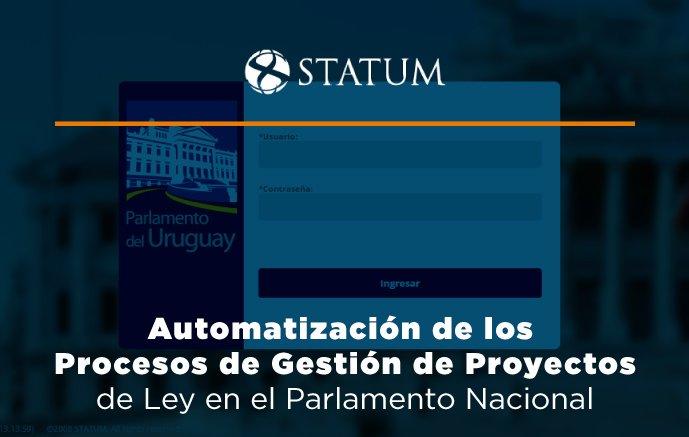
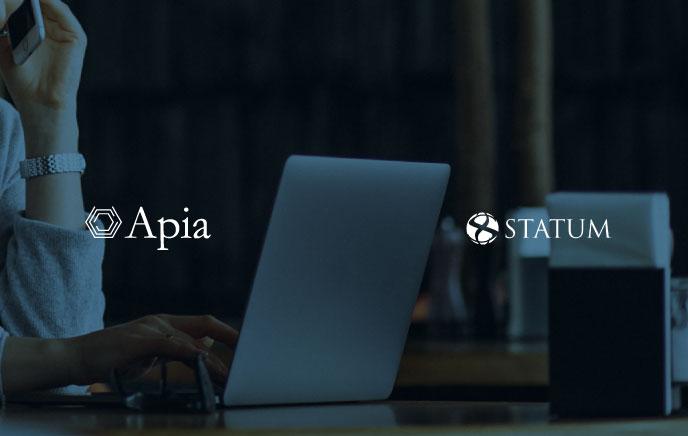
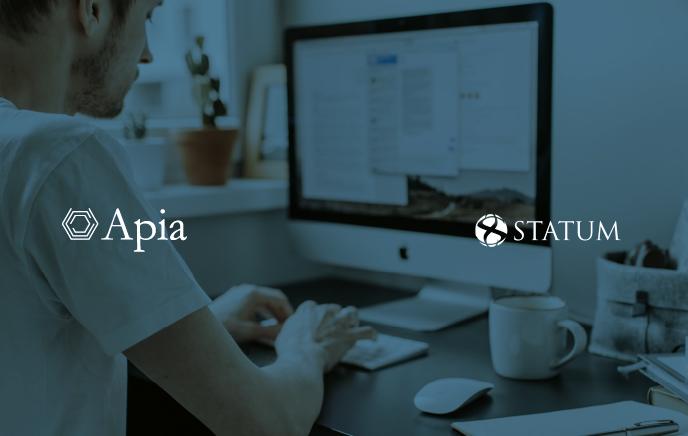
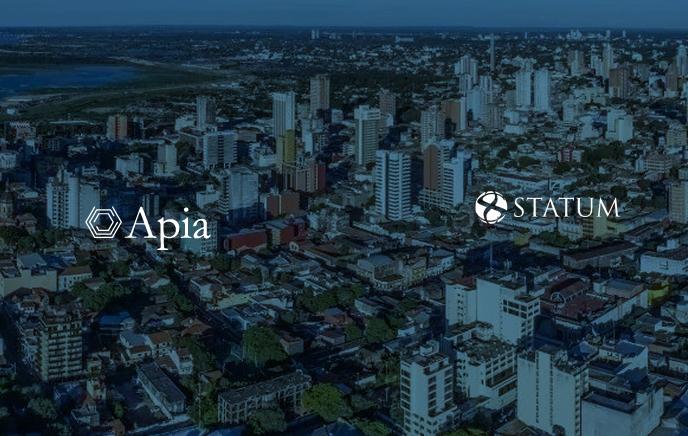
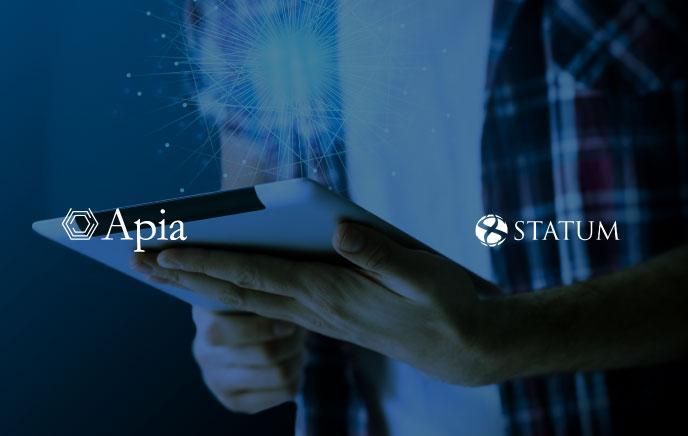
Comentarios (0)
Deja un comentario